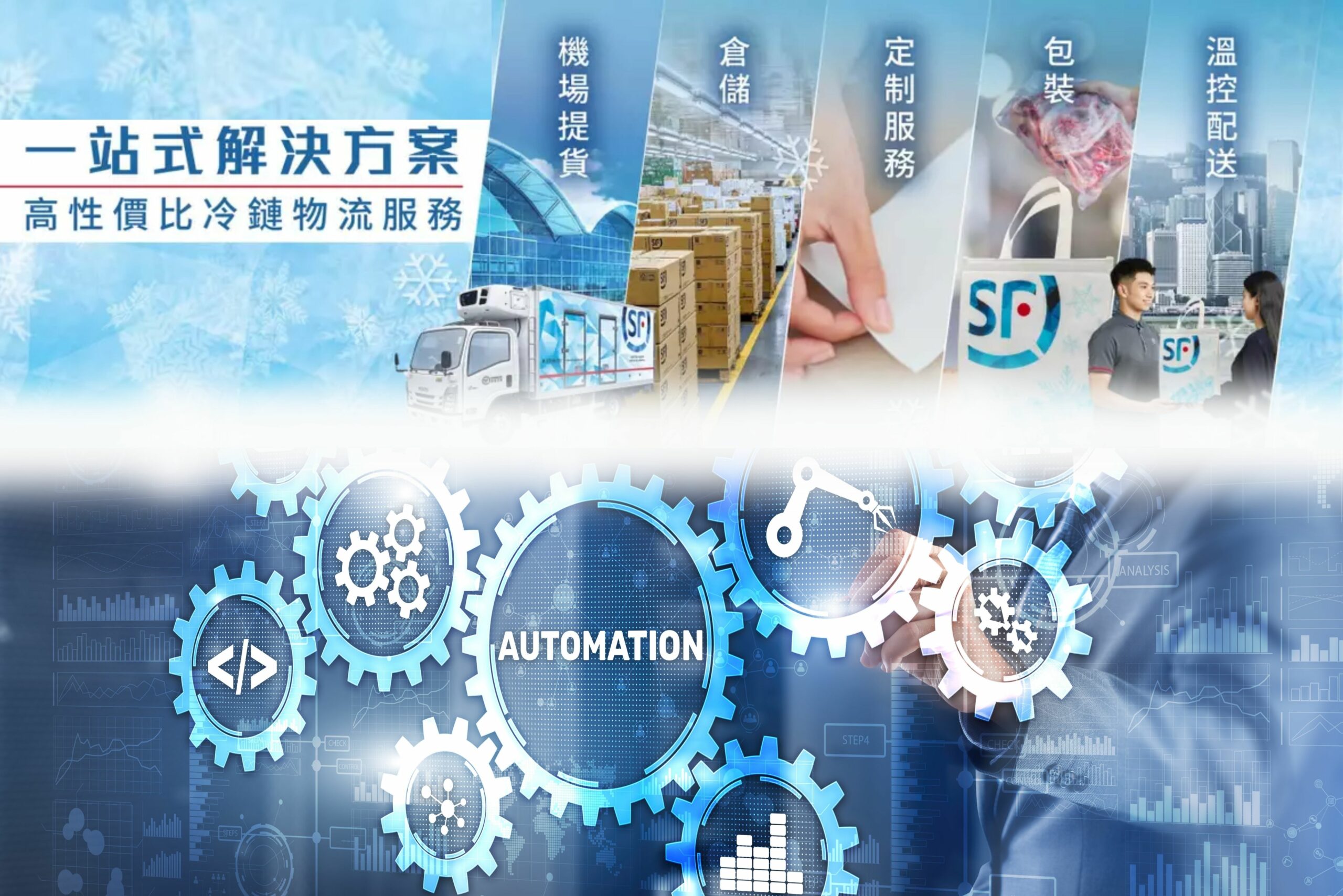How Generative AI is Reshaping Source-to-Pay in Supply Chain Operations
- December 28, 2023

Generative AI is gaining attention for its ability to quickly create high-quality content, and its potential impact is being explored across various operational areas. One area that holds promise for generative AI is the source-to-pay process, involving supplier identification, negotiation, and contracting. Companies are testing generative AI for sourcing and procurement, showing a readiness to embrace this disruptive technology.
Generative AI can address challenges in sourcing and procurement, such as efficiency, risk management, and cost control. It automates complex processes, reviews large data sets for scenario-based results, provides actionable insights based on historical trends and supplier performance, and enhances negotiation strategies using internal and external data.
Generative AI’s potential lies in proactive risk management, process automation, and decision-making within source-to-pay. It streamlines compliance management, identifies fraudulent activities, and helps develop procurement strategies by evaluating supplier capabilities and risks. It enables analysis of unstructured textual data for vendor evaluation, compliance monitoring, market intelligence, and risk management. Predictive modeling with generative AI enhances forecasting, inventory management, and supplier performance assessment.
While a definitive generative AI tool is yet to emerge, organizations should recognize its potential and incorporate it into their strategic roadmap. Implementing generative AI involves a clear integration strategy, infrastructure development, data quality improvement, talent strategy, and prioritizing ethics and transparency.
By embracing generative AI, organizations can drive efficiencies and transform sourcing and procurement operations, ushering in a new era of source-to-pay strategy and technology.
Read more: https://bit.ly/40PvGML
Other News
- All Post
- Breaking News

The growth of Japan's read meal industry is closely linked to the high-quality cold chain development. Since 2000, Japan has made significant strides in this sector. By 2020, Japan's cold storage capacity reached 39.257 million cubic meters, with a per capita capacity of 0.339 cubic meters, ranking tenth globally. Today, Japan boasts a comprehensive cold chain logistics system from production…

With the rapid development of fresh e-commerce and food retail industries, customers' requirements for food quality, safety, and freshness have been continuously rising. To meet the cold chain logistics needs of its business customers, SF Express Hong Kong has announced the launch of a brand-new one-stop cold chain logistics solution.

The shantytown renovation project in the Huangbuling District of Jiaozhou City, Shandong Province, Residential Building No. 3, is rapidly progressing. Surprisingly, despite the significantly fewer workers on-site, the construction efficiency is remarkably high.

The long-awaited Shenzhen-Zhongshan Bridge has finally passed its completion inspection on June 16th. This infrastructure marvel, comprising an underwater tunnel through the Pearl Riverbed and a cross-sea highway bridge, will connect the two cities and slash their travel time to just 30 minutes.
